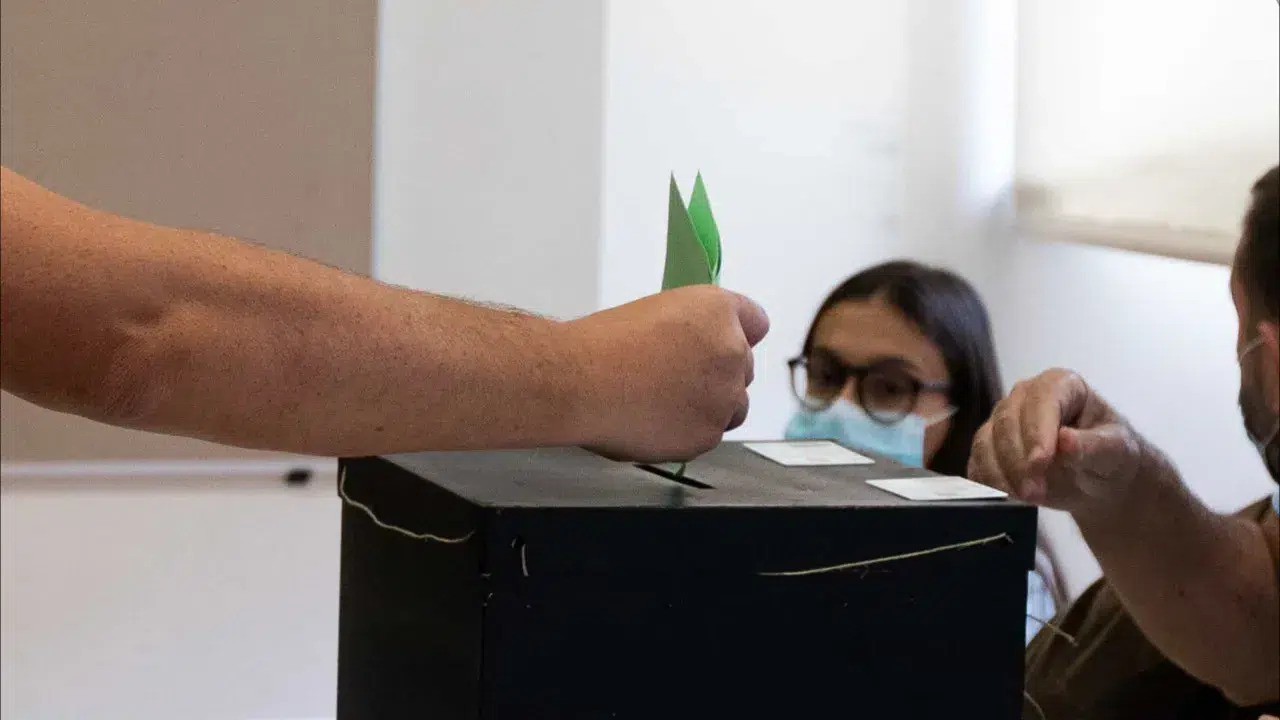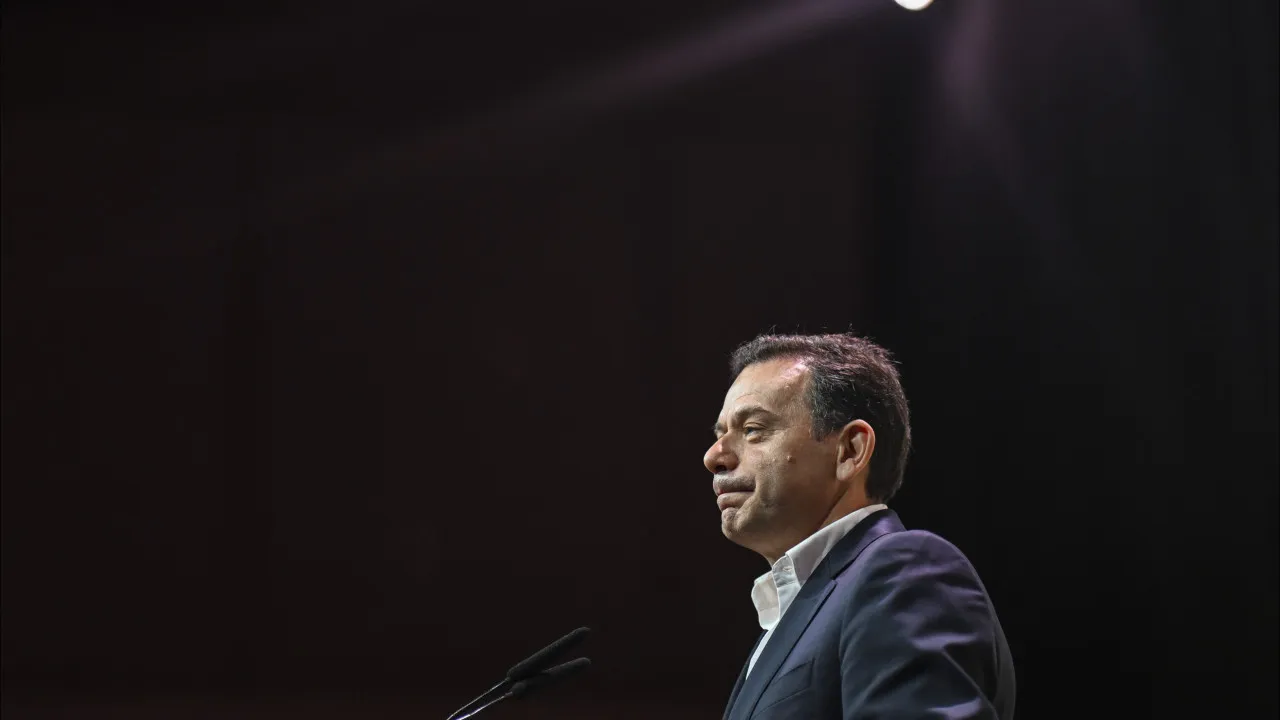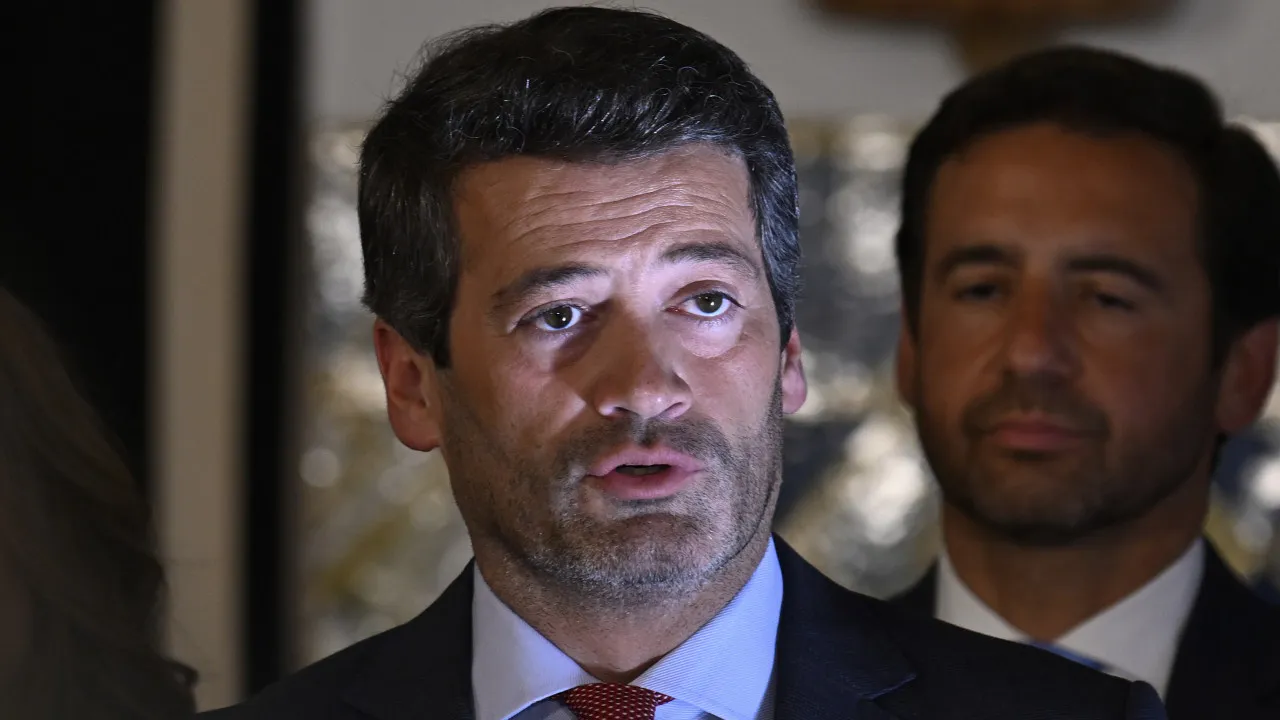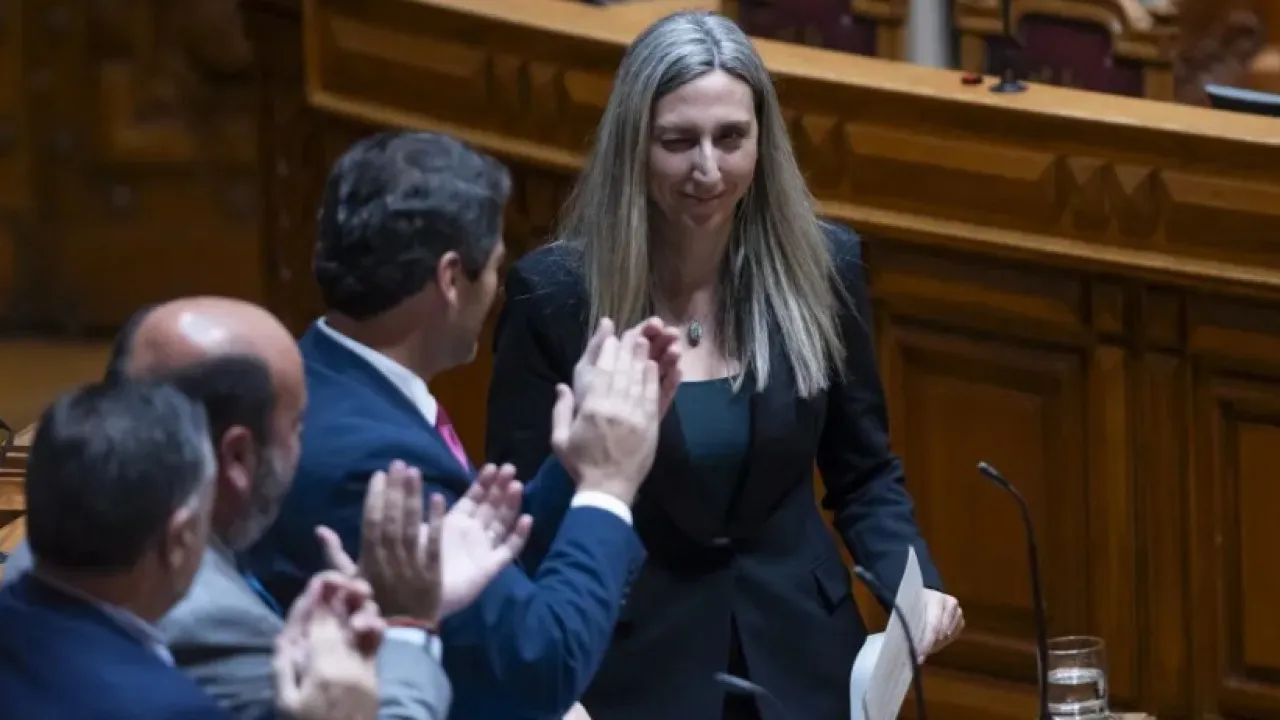
As the October 12 local elections approach, numerous municipalities reflect a long history of political affiliation, highlighted by the shift in party control of seven city councils in 2021 for the first time since the post-1974 democratic era began.
In the Lisbon district, Odivelas remains a Socialist Party (PS) stronghold since its separation from Loures in 1998.
In Madeira, the Social Democratic Party (PSD) maintains absolute majorities in Câmara de Lobos, Ribeira Brava, Calheta, and São Vicente since 1976.
The district of Viseu features Penedono and Oliveira de Frades as longtime PSD-led municipalities, sometimes in coalition with CDS-PP.
In Vila Real, Boticas and Valpaços have consistently elected PSD mayors, with Francisco Tavares leading Valpaços for 28 years.
The PSD leadership dates back to 1976 in Arcos de Valdevez (Viana do Castelo), Santa Maria da Feira (Aveiro), Oleiros (Castelo Branco), and Mação (Santarém).
Lisbon hosts three cities with longstanding PS mayors: Alenquer, led by Álvaro Pedro for 33 years, Lourinhã by José Manuel Custódio for 28 years, and Torres Vedras.
In Faro, the PS maintains control in Olhão and Portimão, while in Portalegre, Gavião and Campo Maior are predominantly PS territories.
Porto and Coimbra districts each have one steadfast PS municipality: Santo Tirso, with Joaquim Couto at the helm for 23 years, and Condeixa-a-Nova, with four PS mayors since 1976.
Communists retain leadership in Palmela, Seixal, and Santiago do Cacém, Setúbal district, often in coalition under various banners like FEPU, APU, and CDU.
Although communist coalitions initially triumphed across all 13 Setúbal municipalities in 1979, the PS gradually gained ground in subsequent decades.
Avis in Portalegre remains a communist bastion since the dawn of democratic local elections, similar to Arraiolos in Évora and Serpa in Beja.




